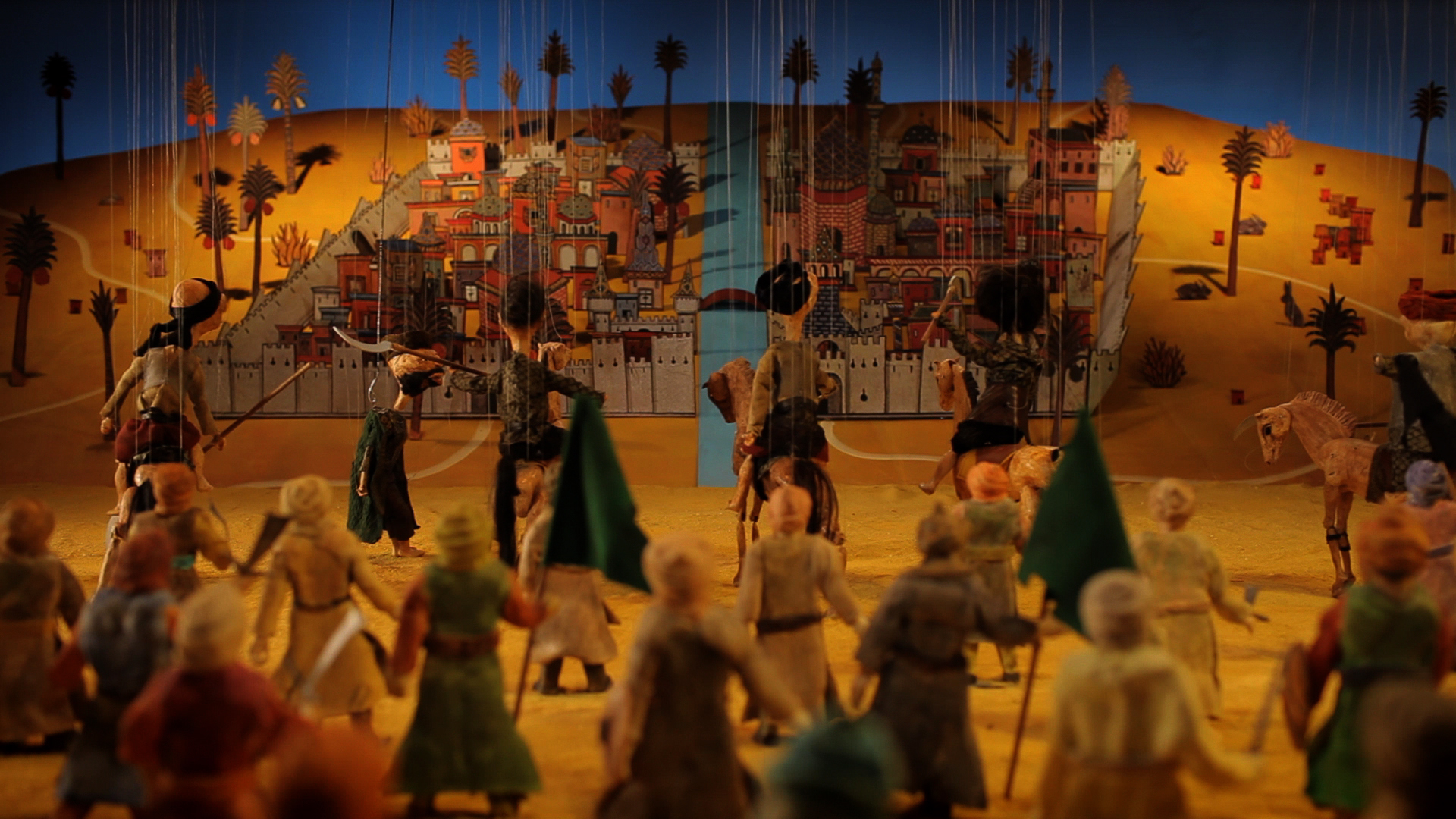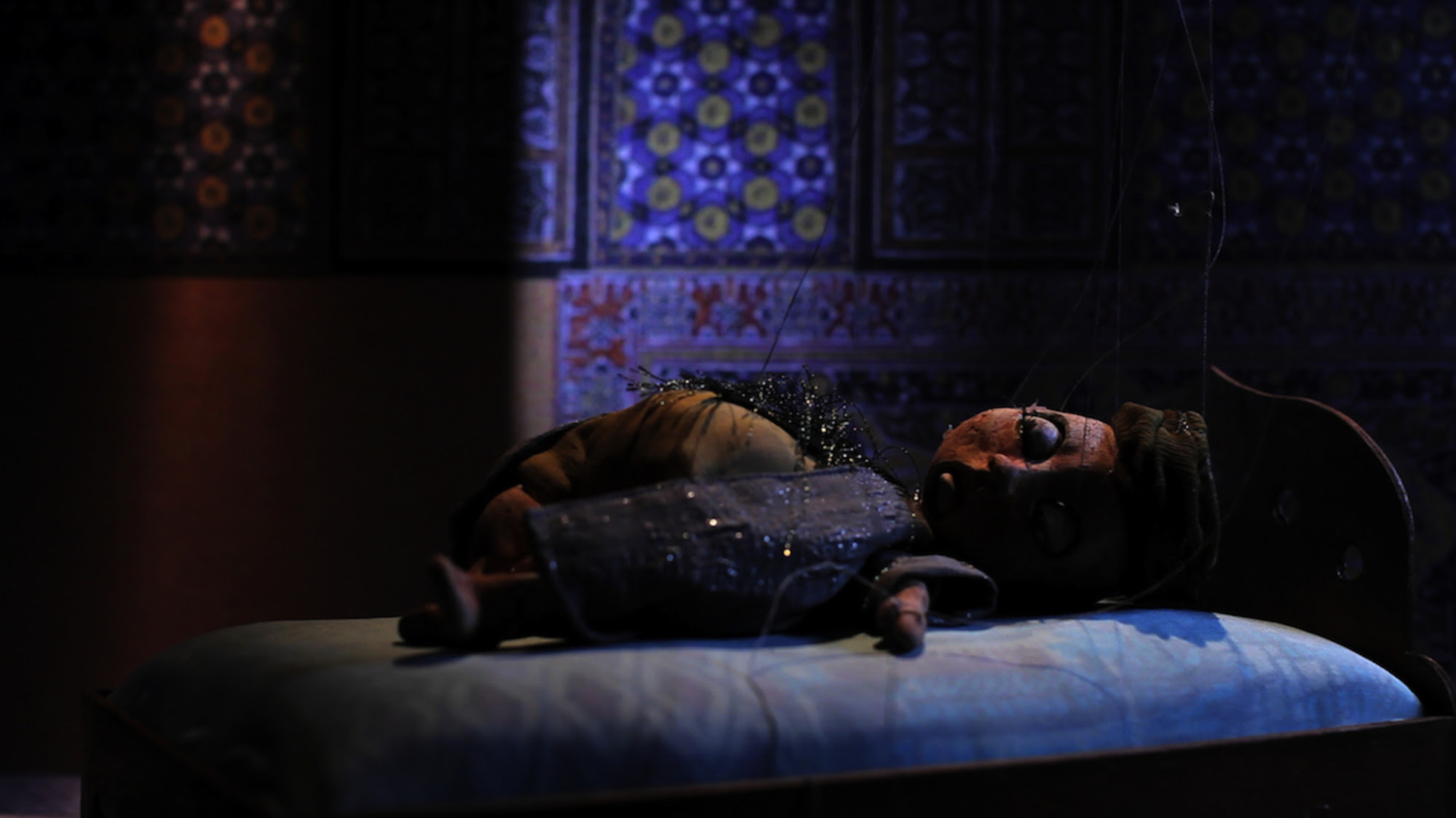We are excited to screen Cabaret Crusades, Egyptian artist Wael Shawky’s three-part re-staging of the medieval upheaval between the Muslim and Christian worlds.
Born in Alexandria in 1971, Wael Shawky makes work that tackles notions of national, religious and artistic identity through film, performance and storytelling.
This week, we welcome School of the Art Institute of Chicago graduate student Sama Waly, whose essay reflects on how artists like Wael Shawky helped influence the development of the contemporary art in Egypt.
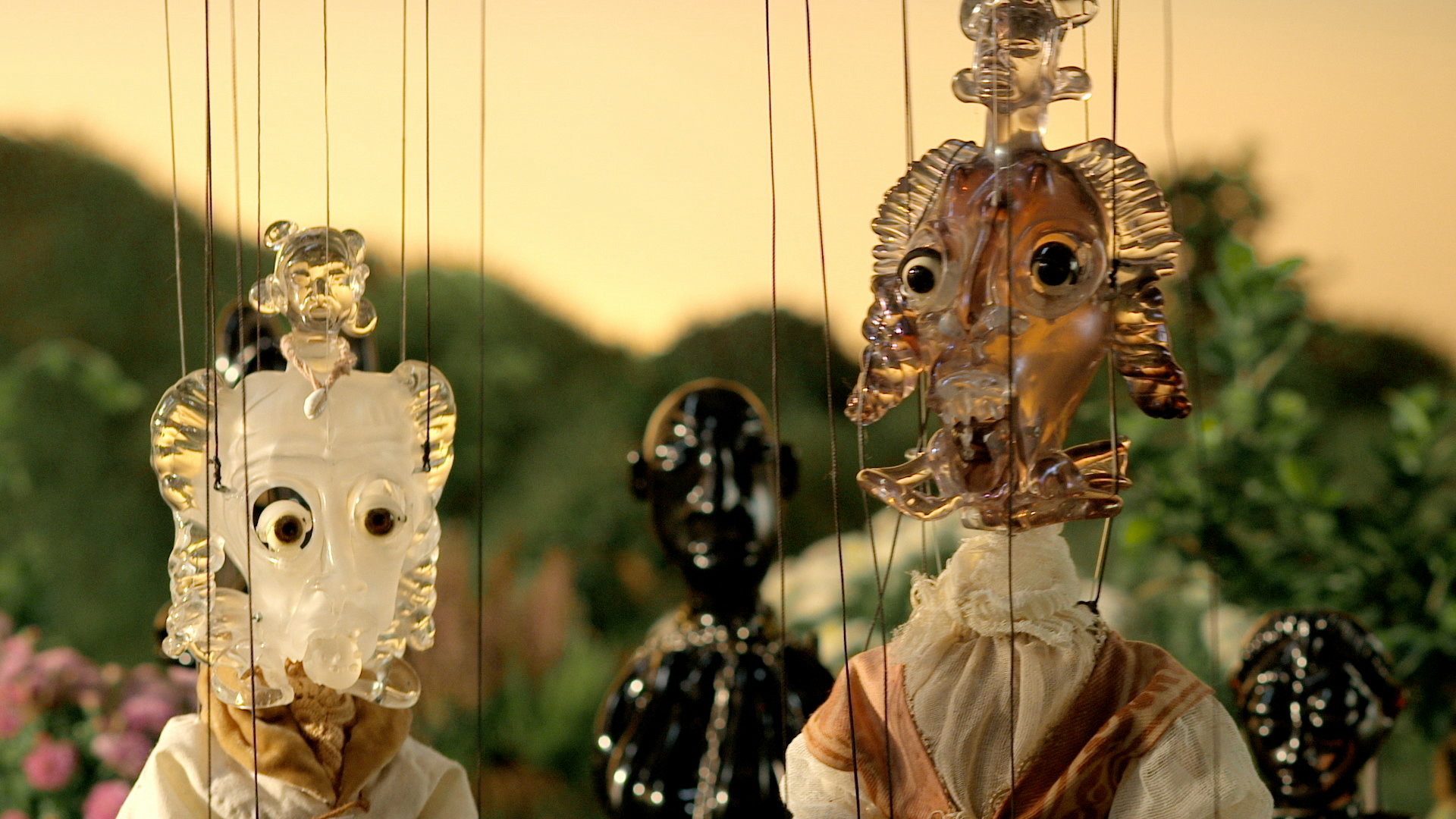
I first met Wael Shawky in Alexandria in the summer of 2012, volunteering for The Cairo Seminar: The Seminar. Organized by Sarah Rifky — a dOCUMENTA13 ambassador that year — the seminar was an ambitious event featuring the scholars, artists, curators and philosophers Yasmine El Rashidi, Julie Mehretu, Carolyn Christov-Bakargiev, Anjalika Sagar from the Otolith Group, and Anna Boghiguian, to name a few. It was meant to foster dialogue between Kassel and Alexandria following a trip that brought ten students from MASS Alexandria, an independent study program founded by Shawky and Rifky, to help install the exhibition in Kassel.
I’ve come to know Shawky’s work both as an artist and organizer. His work informs my personal exploration of the historic place of the artist (i.e. ‘al muthaqqaf’) within geopolitical narratives that dominate and define the Arab and Mediterranean regions. A place here could be understood as a mode of organization. I am interested in the ways in which institutions—and particularly those that experiment with the flexibility of the notion of an institution—organize internally.
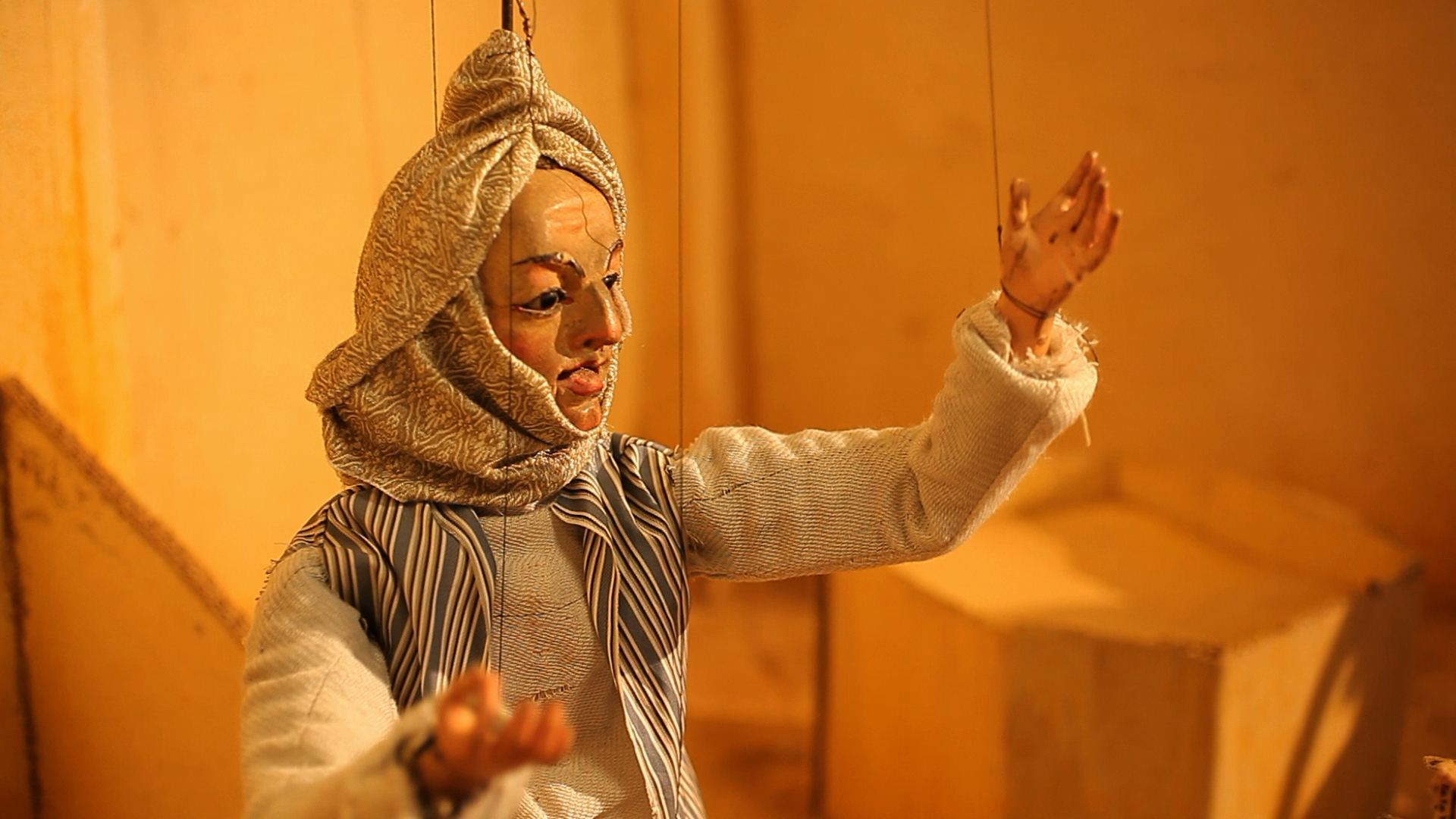
During the Seminar, I spoke with students from MASS Alexandria, many of whom felt that Shawky’s program was a necessary alternative to the small number of state-funded and outdated art academies in Alexandria. MASS caters to a generation that came of age in the nineties and oughts, after Egypt had gone through significant social and political changes over the span of several decades.
To draw a simple sketch, this generation benefitted from the financial stability created by earlier generations who had made their living abroad in the oil-enriched gulf countries like Saudi Arabia (where Shawky spent many childhood years). Those who returned to Egypt became the backbone of an industry that totally transformed the sociopolitical milieu in major urban centers from a socialist Nasserist model to an American-backed open economy.

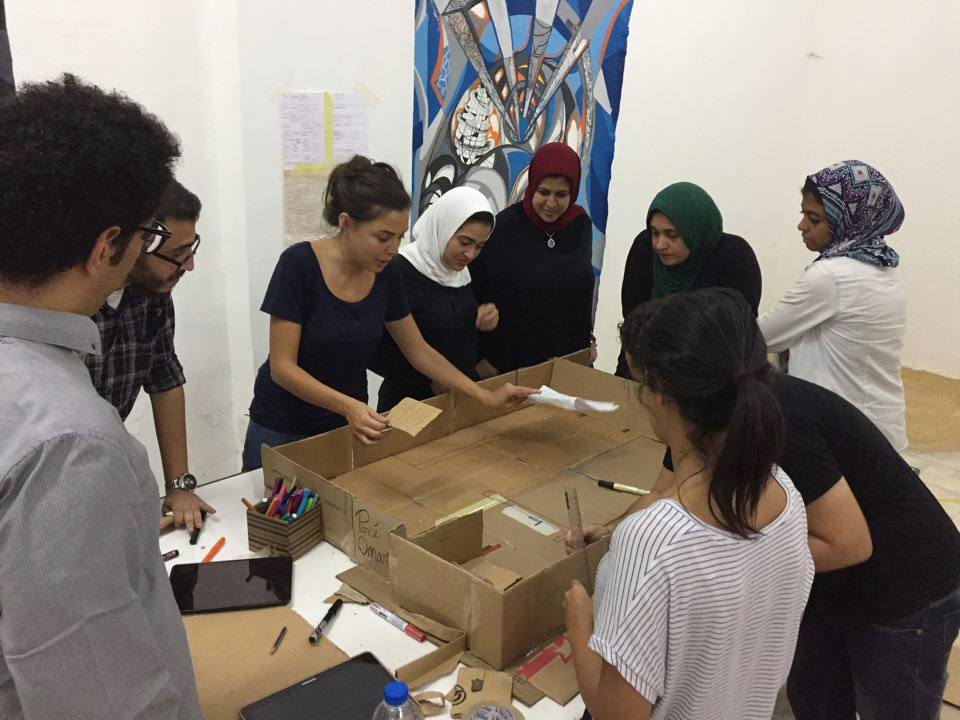
As Shawky mentions in a recent lecture, their return also contributed to the rise of a Wahhabi Islamic mentality in the seventies, that transformed social relations among Egyptians. Within this historical backdrop, Shawky’s institutional model, like others of his generation, sought to fill some of the gaps left open by the new Egyptian neoliberal vision in relation to cultural affairs. A lack of state funding for the arts from the seventies onwards opened space for foreign funding, which arguably contributed to the birth of an “independent art scene” in downtown Cairo, in the late nineties.
MASS Alexandria, and projects such as CILAS, the Imaginary School Program at Beirut, Kurassat Al Cinema at Cimathèque, to name a few of the institutional projects that have come to exist in Egypt over the past few years, challenge traditional educational models through a democratic dissemination of knowledge despite the perils that cities such as Cairo and Alexandria present. These institutions spawn an intergenerational exchange of knowledge.
Since those late summer nights I spent assisting the dOCUMENTA13 team in Alexandria, I have come to see Shawky’s work as fostering important conversations both within Egypt and the world at large about history and society, while also facilitating and inspiring the next generations of Egyptian artists.
